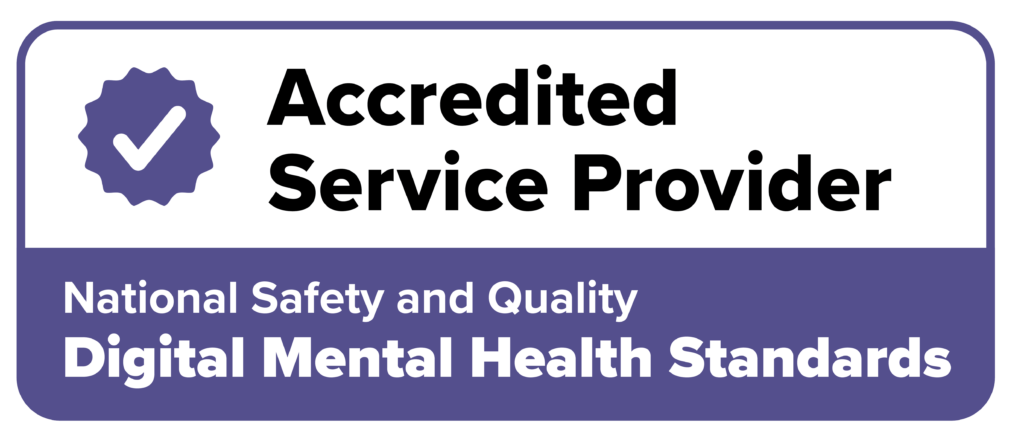The coping strategies survivors adopt as a child or young person are often used into adulthood. They can help manage the strong feelings and changes in arousal which are common with trauma. While coping strategies are often protective at first, they can become less helpful, over time. Some coping strategies can even pose risks to health. Coping strategies form pathways in the brain and these become the person’s ‘go to’ (default) responses during times of more stress and trauma. A person may not even be aware of using them.
It is important to acknowledge the purpose of coping strategies and respect the role they play. When people experience trauma, they cope as best they can. Coping strategies don’t only help a survivor to manage their distress but they also help them to reduce their feelings of being overwhelmed, helplessness and powerlessness.







